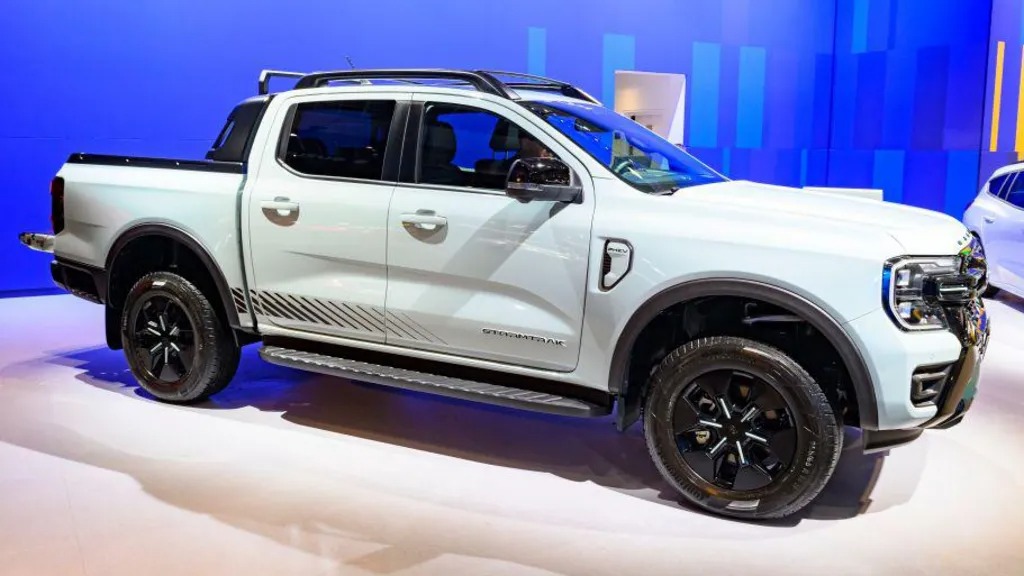
Why Europeans Avoid American Cars
Road Infrastructure and Car Preferences
One key factor is infrastructure. Many European cities, especially in Italy, have narrow, cobbled streets that are difficult for large American SUVs and trucks to navigate. According to car industry analyst Hampus Engellau, maneuvering a big SUV in cities like Rome can be extremely challenging.
Cost is another major factor. The CEO of The Society of Motor Manufacturers & Traders, Mike Hawes, explains that Europe has significantly higher fuel prices compared to the US. As a result, European consumers prioritize smaller, fuel-efficient vehicles over the larger, fuel-hungry models that dominate the American market.
Trade Imbalance and Tariffs
Despite the differences in car preferences, European manufacturers have successfully penetrated the US market. In 2022, the US imported 692,334 new EU-made cars, worth €36 billion. In contrast, only 116,207 US-made cars were exported to Europe, with a total value of €5.2 billion.
Trump argues that this imbalance is due to unfair trade policies. The European Union imposes a 10% tariff on American car imports, while the US tariff on European cars is only 2.5%. In response, Trump has proposed raising tariffs on EU automotive imports to level the playing field.
The Global Car Manufacturing Strategy
Many experts believe that focusing on trade policies alone is misplaced. Andy Palmer, a former Nissan and Aston Martin executive, emphasizes that the automotive industry is highly globalized. He argues that carmakers prefer to manufacture vehicles closer to their target markets to reduce costs.
This strategy is evident in the operations of European car brands. BMW, Mercedes, and Audi all produce some of their largest vehicles in North America, many of which are then exported to Europe. Similarly, Tesla has set up a factory in Berlin to cater to the European market, while Ford is shifting its European focus toward electric and commercial vehicles.
Challenges for US Carmakers in Europe
American car brands have historically struggled in Europe. General Motors once owned Opel/Vauxhall and Saab but exited the market by selling these brands. Ford has also divested from European brands like Aston Martin, Jaguar, Land Rover, and Volvo.
The European car market is highly competitive, with strong local preferences. Consumers in Germany, France, and Italy tend to favor domestic brands like BMW, Volkswagen, Peugeot, and Fiat. Additionally, Japanese, South Korean, and Chinese manufacturers have increased their presence, further intensifying competition.
Market Challenges and Government Policies
Trade barriers are just one piece of the puzzle. European countries have diverse taxation policies and language requirements, adding complexity for foreign carmakers. While American brands enjoy some popularity, they face stiff competition from a wide array of global manufacturers.
Trump’s vision is to strengthen the US car industry by encouraging domestic production and innovation. However, Palmer warns that higher tariffs could backfire, reducing competitiveness and stifling innovation. Instead of focusing solely on trade restrictions, experts argue that investment and collaboration are key to the future of the global automotive industry.
External Link: BBC News
Internal Link: Kenkou Land



